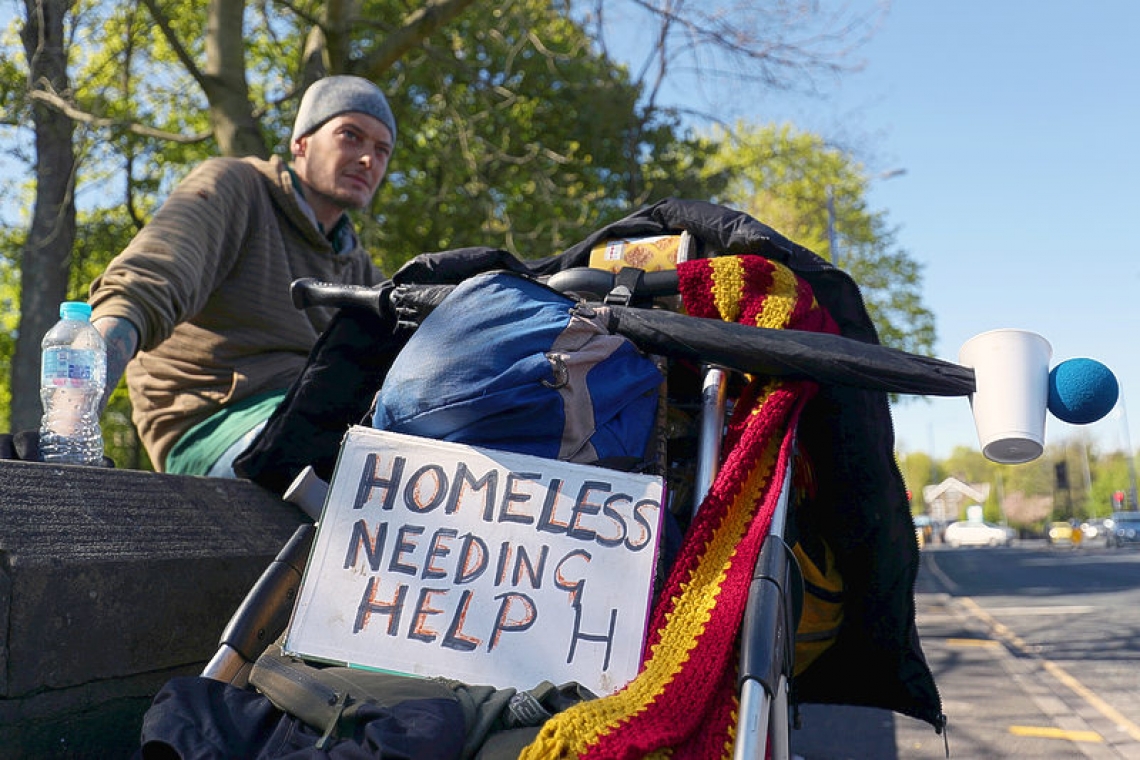LONDON--Life-saving measures to house the most vulnerable amid coronavirus lockdowns risk falling by the wayside after the pandemic, a United Nations expert has warned, calling for stronger action to eradicate housing insecurity.
Governments around the world have been racing to house the estimated 1.8 billion people who are homeless or live in inadequate housing and are uniquely at risk of being infected and infecting others during the pandemic.
But many of those efforts are emergency measures rather than "the structural change we actually need" to guarantee affordable and secure housing for all, said Leilani Farha, U.N. Special Rapporteur on the right to adequate housing. "Housing has become both central and invisible in the pandemic," Farha told the Thomson Reuters Foundation.
"Governments are telling people to stay home, wash your hands and physical distance," said Farha, whose six-year tenure as U.N. Special Rapporteur comes to an end on Thursday. "But that mantra was ordered without any consideration being given to the fact that millions of people worldwide can't do those three things."
More than 3.1 million people have been infected by the novel coronavirus across the world and about 220,000 have died, according to a global tally by Johns Hopkins University. Health experts say the homeless are more likely to contract illnesses such as the coronavirus, in part because of weakened immune systems due to additional stress, and lack of nutrition and sleep.
Those living in cramped housing are also at heightened risk, with a surge of coronavirus cases in foreign-worker dormitories across Singapore and in the slums of India drawing attention to the squalid housing conditions of migrant labourers.
Farha said she had seen encouraging innovations worldwide to house the vulnerable, such as the Northern Irish city of Belfast ending rough sleeping by housing homeless people in hotels. "We're seeing governments stepping in - like providing water and sanitation in Nairobi slums - in ways that hadn't been done previously," she said.
Authorities in India and South Africa have set up impromptu shelters and camps, sometimes using stadiums and soccer fields, while U.S. and British cities have taken steps to prevent homelessness with eviction bans and rent freezes. But housing efforts risk losing steam once countries start lifting lockdown measures and focus on averting an economic recession, Farha warned.
"We talk about rent referral but what about rent forgiveness? People will come out of the pandemic burdened with debt and unable to pay rent for months longer," she said, adding there was an economic case for tackling homelessness.
"Homelessness has a huge economic cost as it creates a burden on healthcare systems," Farha said. "A stable, housing-secure society is good for the economy."







